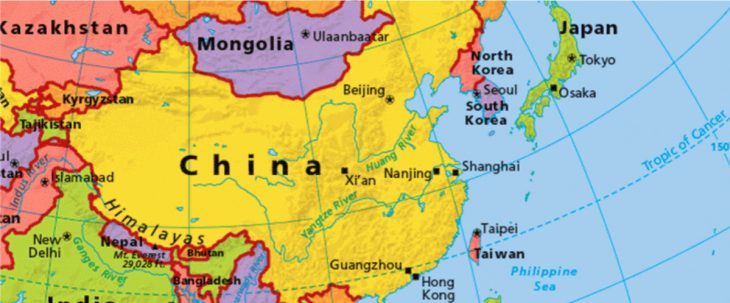U.S. Trade Representative opens comment period on intellectual property, Chinese tariffs
by May 20, 2019 7:44 pm 554 views

One of the primary reasons President Donald Trump has enacted hundreds of billions of dollars worth of tariffs on Chinese goods that flow into the U.S. is intellectual property theft. About one in five U.S. businesses have reported some form of this kind of theft including patents, trade secrets, trademark infringement and others according to a CNBC poll conducted in March.
Intellectual property (IP) accounts for 80% of the S&P 500 companies total value, according to the Harvard Business Review. An additional round of tariffs up to 25% could come down later this year and would be applied to about $300 billion worth of Chinese made goods annually. A broad range of goods could be impacted but excludes pharmaceuticals, certain pharmaceutical inputs, select medical goods, rare earth materials, and critical minerals.
The Office of the U.S. Trade Representative is inviting industry leaders, organizations, companies, and other stakeholders to comment about the potential impacts to these new tariffs. A series of public meetings are scheduled for June.
The trade war found its roots during a late summer 2017 investigation by the USTR into China’s IP, according the USTR. It reviewed acts, policies, and practices used by the Chinese government as it related to IP.
“During the investigation, the Trade Representative determined that the acts, policies, and practices of China under investigation are unreasonable or discriminatory and burden or restrict U.S. commerce, and are thus actionable under Section 301(b) of the Trade Act of 1974, as amended (Trade Act),” the report noted.
Soon after the release of the report, a trade war began between the two countries when Trump slapped a 25% tariff on $250 billion worth of Chinese imports to the U.S. Negotiators seemed to make progress throughout 2018 and into 2019, but talks have recently stalled.
The impacts of the trade war are manifesting in the U.S. Walmart announced last week consumers will likely have to pay more as import prices for products increase. I-phones, foot apparel, clothes, furniture and electronic prices will likely rise.
According to industry leaders, the Chinese have for years dumped cheap steel and aluminum into international markets, and the tariffs have been applied to these raw building materials causing prices to rise. Washing and dryer machines, vehicles, commercial building materials and others have already risen in cost. When negotiations will resume has not been released.
